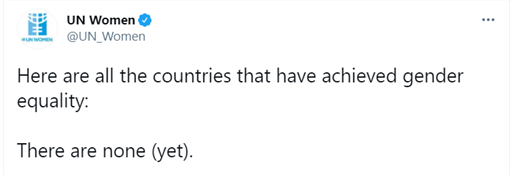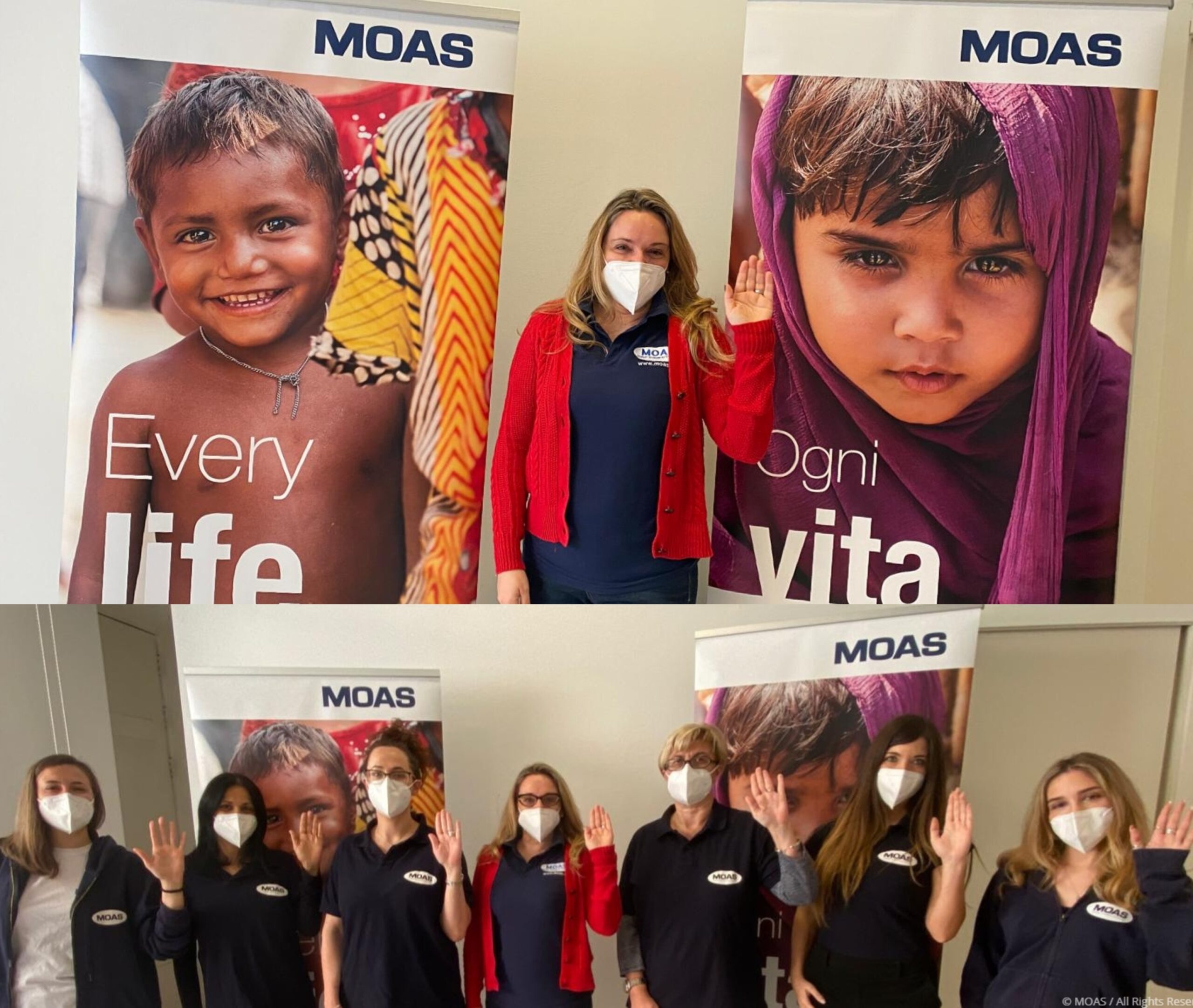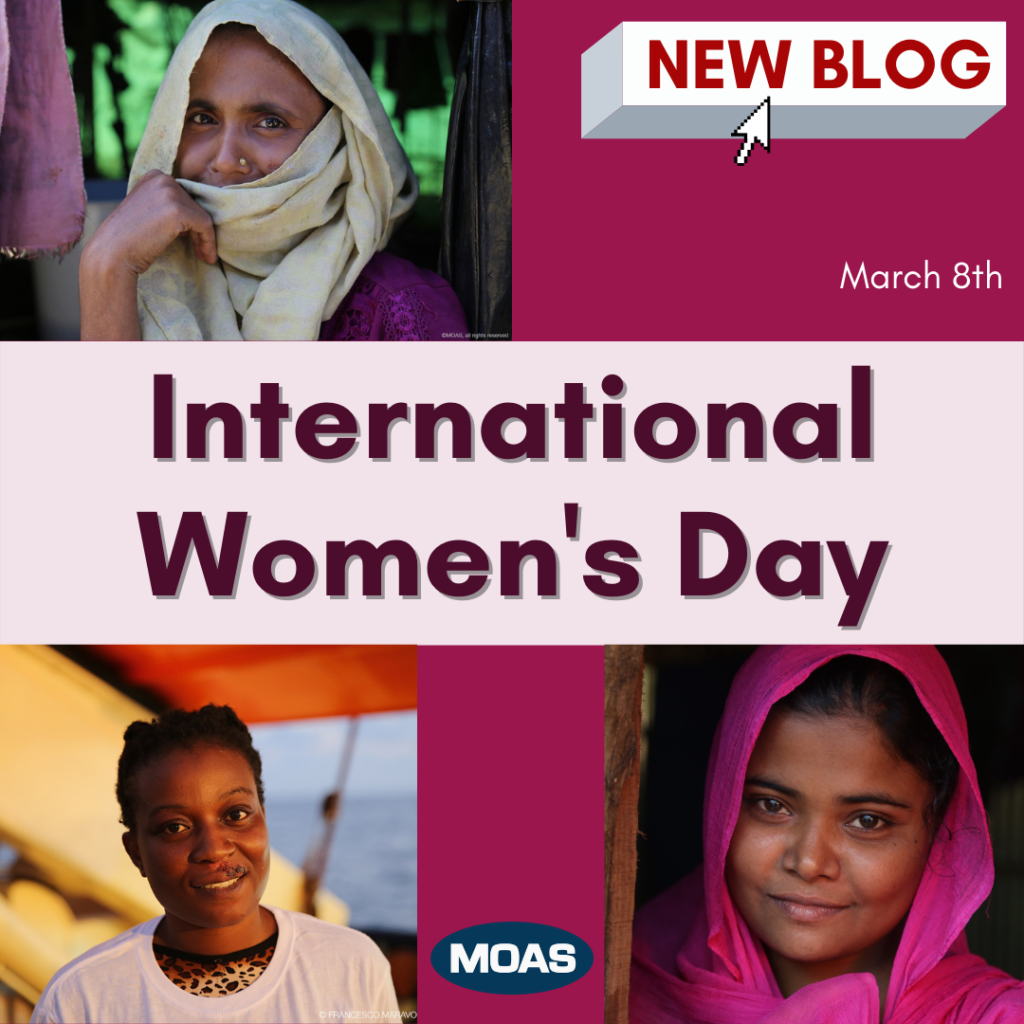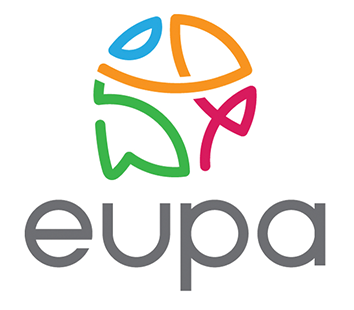Gender equality, in all sectors of our lives and society, is something never to be taken for granted. Rather, it is something to stand up for in every moment, no matter what new situations arise.
International Women’s Day (March 8th) is a global day celebrating the social, economic, cultural, and political achievements of women. The day also marks a call to action for accelerating women’s equality.
We want to take this important opportunity to shed light on gender equality and new challenges for women. Covid19 must not stop the advance towards gender equality and inclusion, which is still a work in progress across the world.

This week, we at MOAS want to highlight the disproportionate specific effects of the Covid19 pandemic on women – with a special focus on the additional challenges for migrant women, who often find themselves in particularly precarious and difficult situations.
There are several ways in which women in migration have been adversely affected by the pandemic and gender inequalities and discrimination against migrants have been exacerbated, especially regarding work, exploitation and violence.
Impact of Covid-19 on work for migrant women
The pandemic has had a massively disproportionate effect on women workers and female unemployment worldwide. In Italy, for example, women accounted for 99% of job losses in 2020 due to Coronavirus.
For the 8.5 million women migrant domestic workers, job loss has additional consequences and risks related to the loss of livelihoods and income.
Following their dismissal from work, their health, safety and rights are often ignored and increase their risk of being made homeless. The impact of migrant job loss often extends beyond those immediately affected as the remittances they send to their countries, on which many families depend, are significantly reduced, exacerbating the vulnerabilities of families.
Migrant women are often likely to work in the informal economy, which is characterised by more insecure short-term, part-time contracts without paid leave or the possibility of working from home. These jobs are essential but low-paid and vulnerable and include those working as health and care workers, nurses, cleaners and laundry workers, who may be at high risk of exposure to coronavirus.
Because of the informal nature of these jobs, such workers are often excluded from any possible State-led social protection programme such as health care or benefits. In such precarious and often irregular conditions, women migrant workers become more likely to face exploitation and violations of their labour and human rights.
Migrant women exploitation during Covid-19
Exploitation is a recurring threat for migrant people.
It frequently occurs in work-place settings. Cases of migrant people exposed to terrible working conditions during COVID-19 have been reported, including of them being subject forced to work unpaid hours under tremendous pressure.
Migrant women are not only exposed to this kind of risk, but also to sexual exploitation, which, even during the pandemic, remains the most prevalent and reported form of trafficking in the EU and reflects how trafficking for sexual exploitation is deeply rooted in gender inequalities. The pandemic has further exacerbated the causes of human trafficking and the violence associated with this gravest of crimes.
Violence against migrant women
On last year’s International Day for the Elimination of Violence against Women we highlighted how Gender-based Violence (GBV) during the COVID-19 pandemic has become a so-called “shadow pandemic” because of the worrying increase of cases of domestic violence against women during the months of lockdown – one in three women having experienced physical or sexual violence, often perpetrated by an intimate partner.
On that occasion, we chose to reflect on the suffering of the many migrant women who suffer from abuses and violence, a suffering not directly linked to Covid-19 but which was exacerbated by the pandemic. To do so, we interviewed Princess Inyang Okokon, a cultural mediator at PIAM in Italy, who combats women trafficking in the region where she lives. She highlighted how migrant women go through violence and sexual abuses during their journey or while they are detained and tortured by traffickers and smugglers. Many of them become victims of human trafficking for sexual exploitation once they arrive through irregular ways to their destination countries and are forced into prostitution, being tied to oaths and rituals that make difficult for them to escape.
Rediscover the interview here.
Final thoughts
The difficulties and threats women face during this pandemic continue to be hard to overcome. To make sure that these inequalities are eliminated, efforts are needed from each and every one of us, as we are all individually responsible for our own thoughts and actions.
The theme chosen for 2021 by the International Women’s Day community is #ChooseToChallenge:
“We can all choose to challenge and call out gender bias and inequality. We can all choose to seek out and celebrate women’s achievements. Collectively, we can all help create an inclusive world. From challenge comes change, so let’s all choose to challenge.”
This year, MOAS joins the #IWD2021 initiative:
We #ChooseToChallenge the trafficking of women.
We #ChooseToChallenge the idea women can’t be front-line rescue workers.
We #ChooseToChallenge negative stereotypes of women migrants.
We #ChooseToChallenge the world to stand up for women and girl refugee rights.

What will you #ChooseToChallenge to eradicate gender inequality?
Strike the #ChooseToChallenge pose by raising your hand high to show support and solidarity and that you commit to call out inequality. Share it on social media using #ChooseToChallenge #IWD2021 to encourage further people to commit to helping forge an inclusive world!
If you are interested in the work of MOAS and our partners, please follow us on social media, sign up to our newsletter and share our content. You can also reach out to us any time via [email protected] . If you want to support our operations, please give what you can at www.moas.eu/donate/.


